 What is more precious than freedom and independence?
What is more precious than freedom and independence?
The answer: nothing.
But this has a sardonic double meaning; and that’s key to The Sympathizer, Viet Thanh Nguyen’s novel of the Vietnam War and its aftermath.
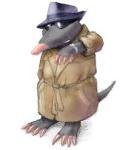
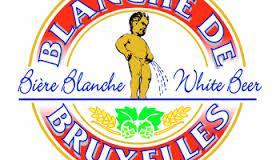
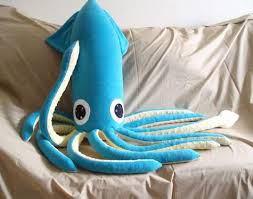
And how about this passage:

This meditation (prompted of course by the narrator’s experiencing “the gravitational pull” of a woman’s display) continues further. And its cynicism is wholly characteristic. The book is mainly about politics, not sex, and reads very cynically indeed.
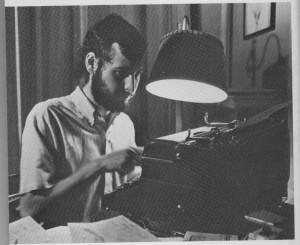
That was me (1973 photo by Jack Henke)
In April of 1975 the Communists suddenly win the war. Despite actually working for them, the narrator stays with the General and his entourage escaping Saigon, for America, by air. That chaotic evacuation is evocatively described. On that day I happened to be typing away on a fantasy novel, coincidentally with a comparable episode. The radio was on. And a sentence I heard on a newscast slid, perfect and unaltered, directly into my manuscript, as though I was taking dictation. One of life’s weird moments. (The novel, Children of the Dragon, was published by Avon in 1978.)
Nguyen’s narrator, after coming to America, gets involved as a consultant on Vietnamese authenticity for an unnamed “auteur” making a movie, shot in the Philippines, scathingly satirizing Francis Ford Coppola and Apocalypse Now. Meantime, he also continues doing dirty work (including killings) for the General, as the latter organizes an expatriate army to reinvade Vietnam (this really happened); while the narrator continues as a spy, reporting everything to his Communist superiors. Eventually (against their wishes), he joins the General’s ragtag force on its doomed mission, is promptly captured, and despite his mole role he’s sent to a “re-education” camp.
And so we get the obligatory “enhanced interrogation” scenes. He isn’t exactly tortured. Not exactly. But this section of the book is not for the squeamish.
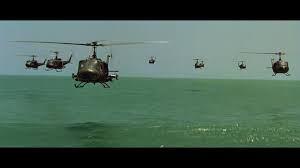
So I found it grating to read the narrator’s words, so full of corrosive cynicism toward America. “After all,” he says, “nothing was more American than wielding a gun and committing oneself to die for freedom and independence, unless it was wielding that gun to take away someone else’s freedom and independence.” Those words again. And your standard empty anti-capitalist blather. Set against misplaced romanticism about the Communist cause. It was easy to infer that the author was using the narrator as a vehicle to express his own viewpoint.
But not so fast. The narrator is not the author, but a character, and ironically enough, he does get re-educated in that re-education camp. The reality behind the slogans peeps through for him (and the reader). At long last, he grasps the subversive alternate meaning to the catch-phrase formula: nothing is more precious than freedom and independence — communist style. He realizes that’s what the war was fought for — for nothing.
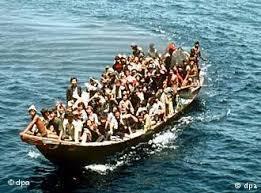
And finally, he declares, “We remain that most hopeful of creatures, a revolutionary in search of a revolution.”
Advertisements